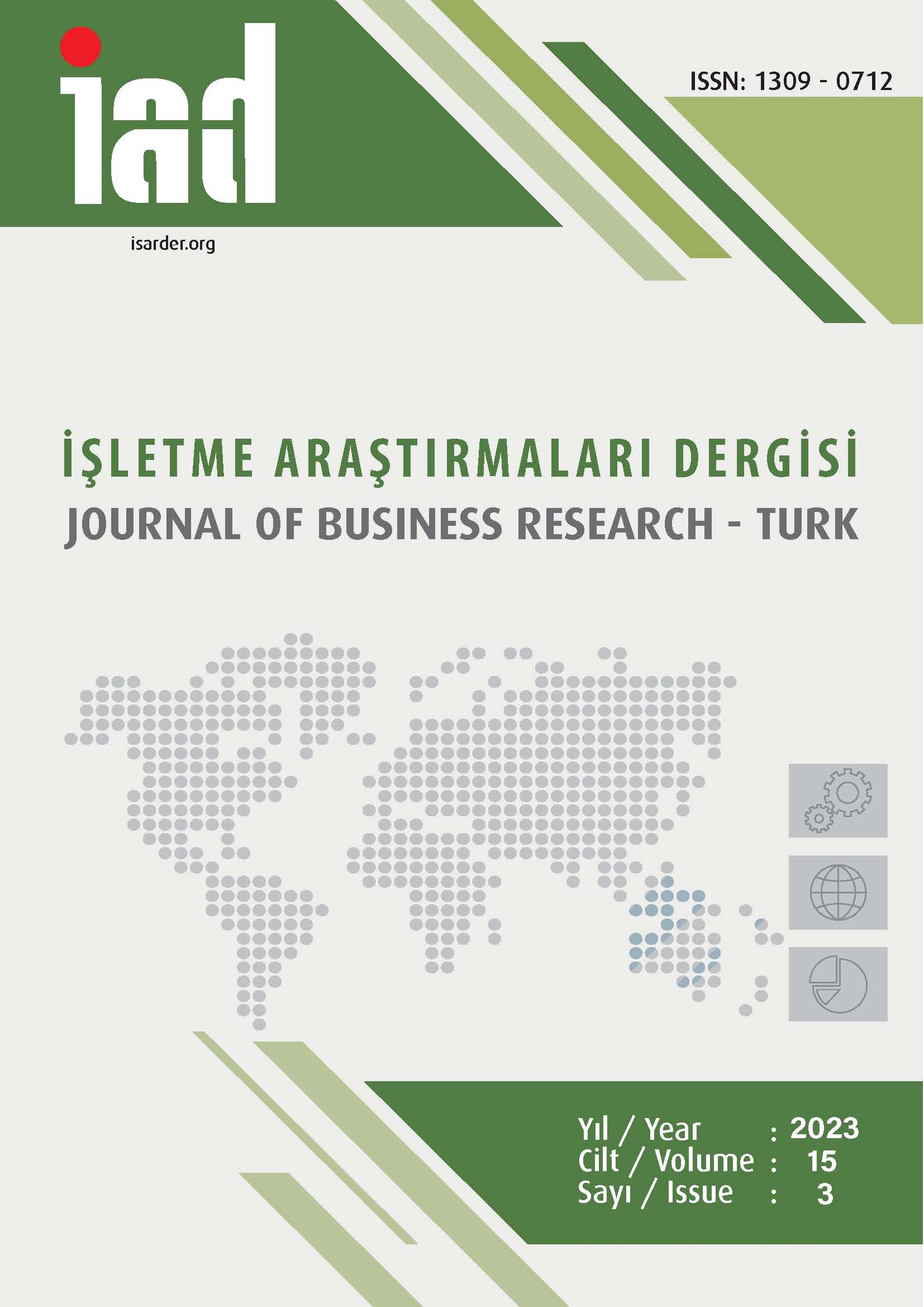Determinants of Pharmaceutical Expenditure in OECD Countries: Evidence from Panel Data
Anahtar Kelimeler:
Pharmaceutical expenditures- Socioeconomic indicators- Panel dataÖzet
Purpose – The objective of this study is to identify the main factors affecting pharmaceutical expenditures in the Organization for Economic Cooperation and Development (OECD) countries. Design/methodology/approach – In this study, it was investigated whether the university graduate rate (UNI), the unemployment rate (UNEMP), gross domestic product per capita (GDP) in Purchasing Power Parity (PPP $), and the number of physicians per 1,000 people (PHY) affected per capita pharmaceutical expenditures (PHAR) (PPP $) by using panel data analysis. The population of the study was 33 OECD countries whose data were available. The data consisted of the time period of 2013-2016. Results – GDP and UNI statistically significantly increased PHAR (p<0.05). The UNEMP and PHY also increased PHAR, but the effects of these variables were not found to be statistically significant (p>0.05). The variables included in the model explained 22% of the variance in PHAR. Conclusion – PHAR are affected by economic factors and sociodemographic factors as well as health systems' structure. Therefore, governments wishing to control pharmaceutical expenditures should also focus on these variables.
İndir
Yayınlanmış
Sürüm
- 10-08-2025 (2)
- 03-10-2023 (1)
Nasıl Atıf Yapılır
Sayı
Bölüm
Lisans

Bu çalışma Creative Commons Attribution-NoDerivatives 4.0 International License ile lisanslanmıştır.





